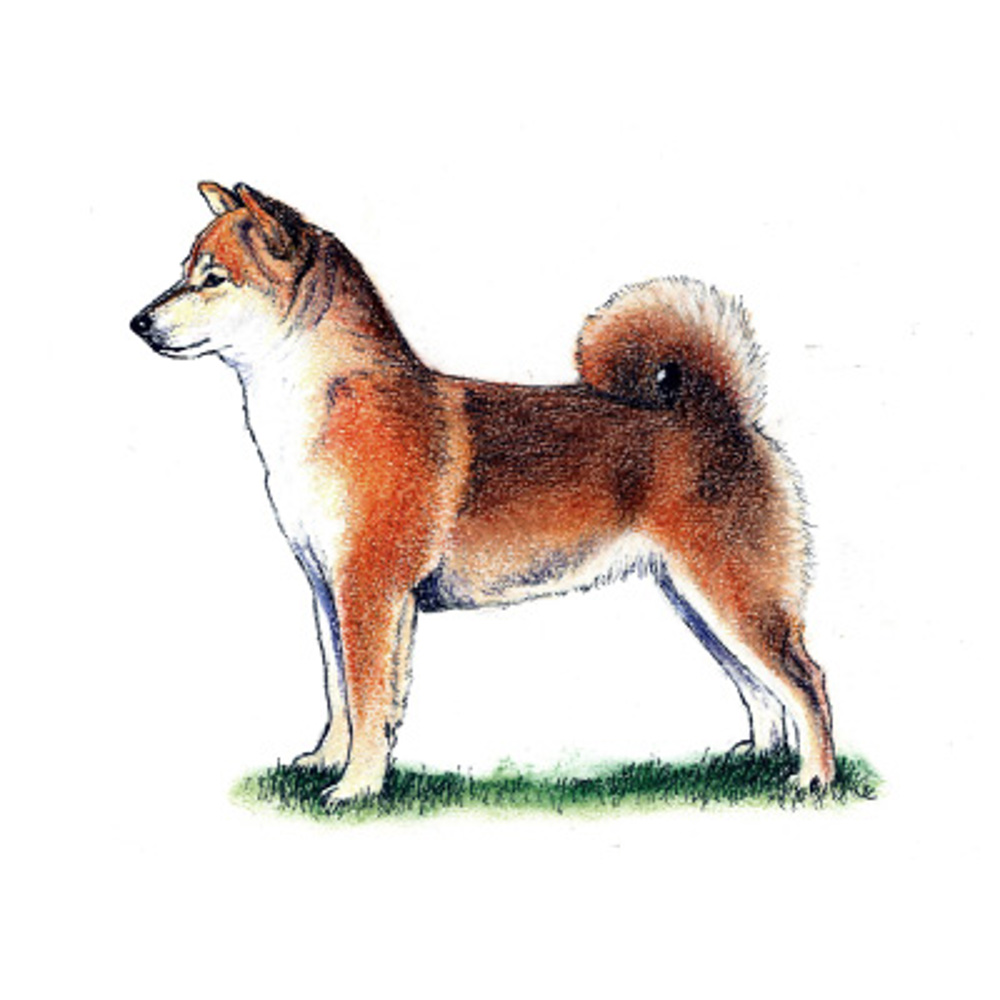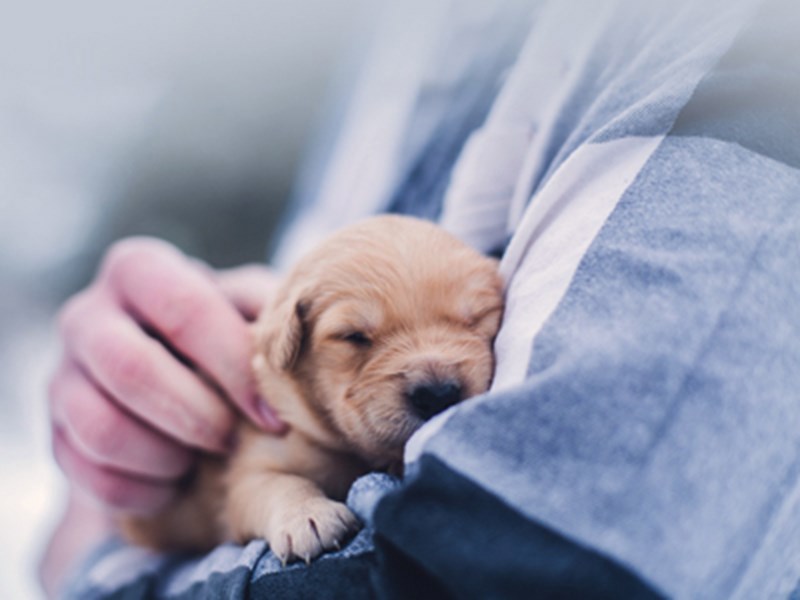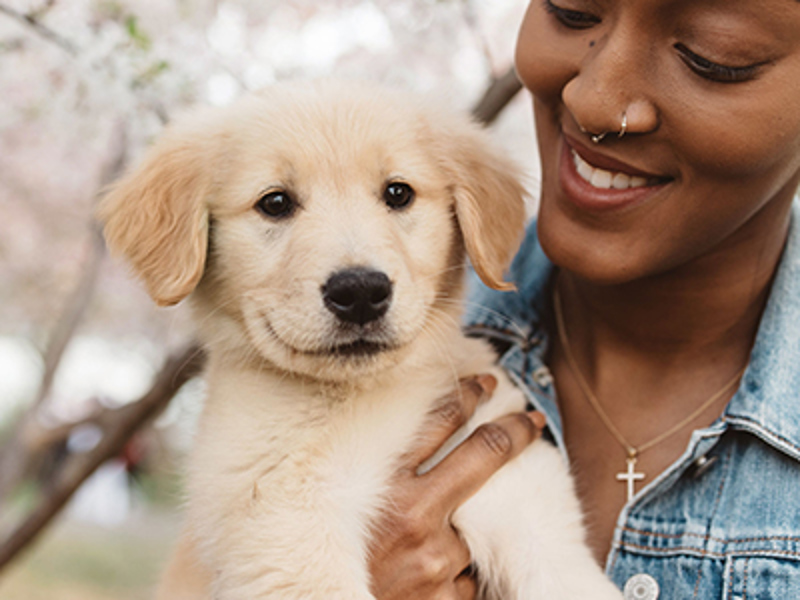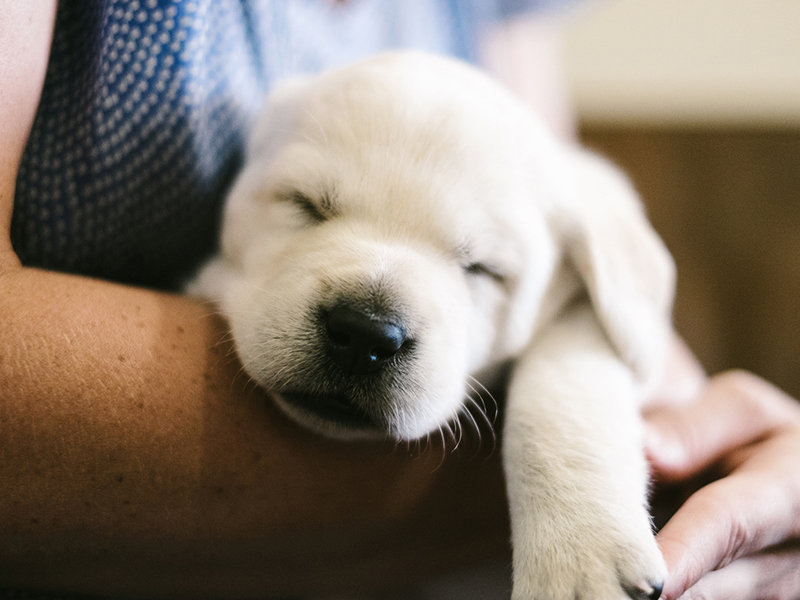
Japanese Shiba Inu
Breed characteristics
- Size
- Small-Medium
- Exercise
- Up to 1 hour per day
- Size of home
- Small house
- Grooming
- Once a week
- Coat length
- Short
- Sheds
- Yes
- Lifespan
- Over 10 years
- Vulnerable native breed
- No
- Town or country
- Either
- Size of garden
- Small/ medium garden
About this breed
The name Shiba Inu translates as ‘small dog’ and the breed was developed to hunt small game birds. The Shiba Inu does bear some resemblance to the Akita Inu in a smaller frame. So popular was the breed that three separate regions of Japan developed their own type: Mino, Sanin and Shinshu.. However, after the First World War the population was dangerously low and in 1928 a survival programme was developed using dogs from all three types. In 1936 the Shiba Inu was declared a National Monument of Japan. This is another spitz and is characterised by its urajiro markings and its quick, light movement.
Images for this breed
The Utility breed group
This group consists of miscellaneous breeds of dog mainly of a non-sporting origin, including the Bulldog, Dalmatian, Akita and Poodle. The name ‘Utility’ essentially means fitness for a purpose and this group consists of an extremely mixed and varied bunch, most breeds having been selectively bred to perform a specific function not included in the sporting and working categories. Some of the breeds listed in the group are the oldest documented breeds of dog in the world.
Colour Watch
Category 0: Breeds with no NBS colour registration options.
Read more about Colour Watch.
Breed Standard colours
Breed standard colour means that the colour is accepted within the breed standard and is a traditional and well-known colour in this breed.
Breed standard colours in this breed include:
- Black & Tan
- Red
- Red & White
- Red Sesame
- Sesame
- White
Non-breed-standard colours
Non-breed-standard colour means that the colour is not accepted within the breed standard and whilst some dogs within the breed may be this colour it is advised to only select a dog that fits within the breed standards for all points.
Colour is only one consideration when picking a breed or individual dog, health and temperament should always be a priority over colour.
Non-breed-standard colours in this breed include:
- (NBS) Black Sesame
Other colour/s
'Other' means you consider your puppy to be a colour not currently known within the breed and one that does not appear on either the breed standard or non-breed standard list. In this instance you would be directed through our registrations process to contact a breed club and/or council to support you on identifying and correctly listing the new colour.
Health
Whether you're considering buying a Japanese Shiba Inu puppy or breeding from your dog, it's important to understand the health issues that may affect the breed and how they can be managed or avoided.
Pre-breeding health screening
Good Practice schemes and tests
We strongly recommend that breeders, at a minimum, conduct these tests before breeding, as evidence indicates these conditions are a significant concern in the breed.
Best Practice schemes and tests
These tests address conditions that are still significant for the breed, though they may not be as critical as those listed under Good Practice. They might be less common or newly identified, and research is ongoing to determine their full impact.
To support the breed’s health, responsible breeders should ensure they complete all tests in both categories. Following our Best Practice guidelines means completing both the Good Practice and Best Practice tests for your breed.
- Hip testing (for hip dysplasia) using the BVA/KC Hip Dysplasia Scheme
- NEW test recognised Feb 2025 – gangliosidosis (GM1_2). This test will be applied as part of the breed’s Best Practice guidelines from Dec 2025.
- NEW test recognised Feb 2025 – gangliosidosis Type II (GM2_2). This test will be applied as part of the breed’s Best Practice guidelines from Dec 2025.
Click here to find out more about The Kennel Club's health standard
Find out about a particular dog's results
Please visit our Health Test Results Finder to discover the DNA or screening scheme test results for any dog on The Kennel Club's Breed or Activity Register.
You can also view the inbreeding coefficient calculation for a puppy's parents, or for a dog you're thinking of breeding from.
DNA testing services
We don’t currently offer a breed-specific DNA testing package for this breed, but we have a wide selection of individual DNA tests available. To find out more and view our full selection, click here
Breed health & conservation plan
The Breed Health and Conservation Plans
Our breed health and conservations plans (BHCPs) use evidence and data to help us understand the health issues found in each pedigree dog breed. These plans help breeders and owners identify health and welfare problems and use information, health tests and health schemes to avoid passing on those problems to future puppies. They also support and provide breeders with tools and specialist expertise to help manage genetic diversity, understand the impacts of close breeding, and find the best ways to preserve the population of their breed.
Working together for the breed
We’ve worked with breed clubs and breed representatives to gather all available evidence to help us determine the priority concerns for the breed and decide how we can work together to manage and reduce these problems.
The full evidence base is available at the discretion of the breed clubs, however if you would like to seek access to the full report, please contact our health team.
More about health
Have any questions about health in your breed?
If you have any concerns about a particular health condition in your breed then you may wish to speak to your vet or you could contact your breed health co-ordinator.
Breed health co-ordinators are individuals working on behalf of breed clubs and councils who are advocates for the health and welfare of their chosen breed. They acts as a spokesperson on matters of health and will collaborate with The Kennel Club on any health concerns the breed may have.
To contact your breed health co-ordinator please email
Health and Breeding Support Team (The Kennel Club)
Breed watch
Category 1
Currently no points of concern specific to this breed have been identified for special attention by judges, other than those covered routinely by The Kennel Club breed standard.
Breeding restrictions
There are a number of The Kennel Club's rules and regulations that may prevent a litter from being registered, find out about our general and breed specific breeding restrictions below.
More about breeding
There are not currently any additional breed specific restrictions in place for this breed.
Looking for a puppy?
Looking for a Japanese Shiba Inu? Explore our list of puppies and rescue dogs for sale near you.
More information

Need to find out more about a breed?
Use our Find a Club service where you can locate breed clubs that can offer support and advice.

Use our Find a Puppy service
The Kennel Club's Find a Puppy service provides contact details for breeders who have puppies available. Let's help you find your new best friend.

Get the best lifetime pet insurance
At Kennel Club Pet Insurance, we want you to focus on getting the best possible treatment for your dog without worrying about the cost.
